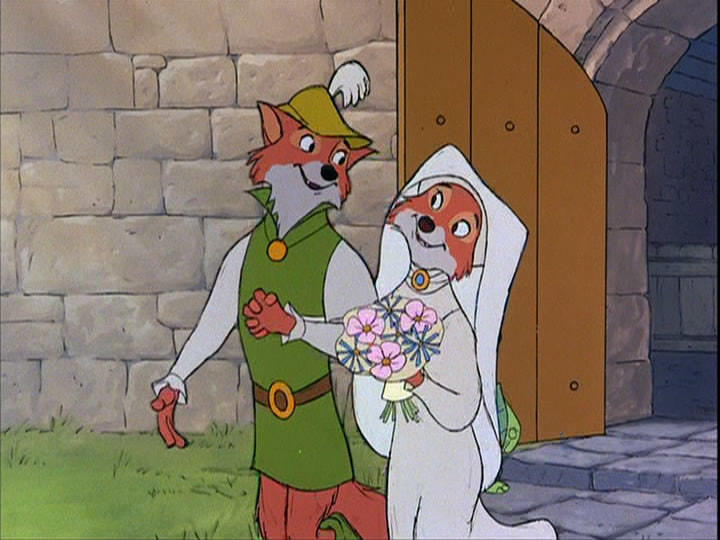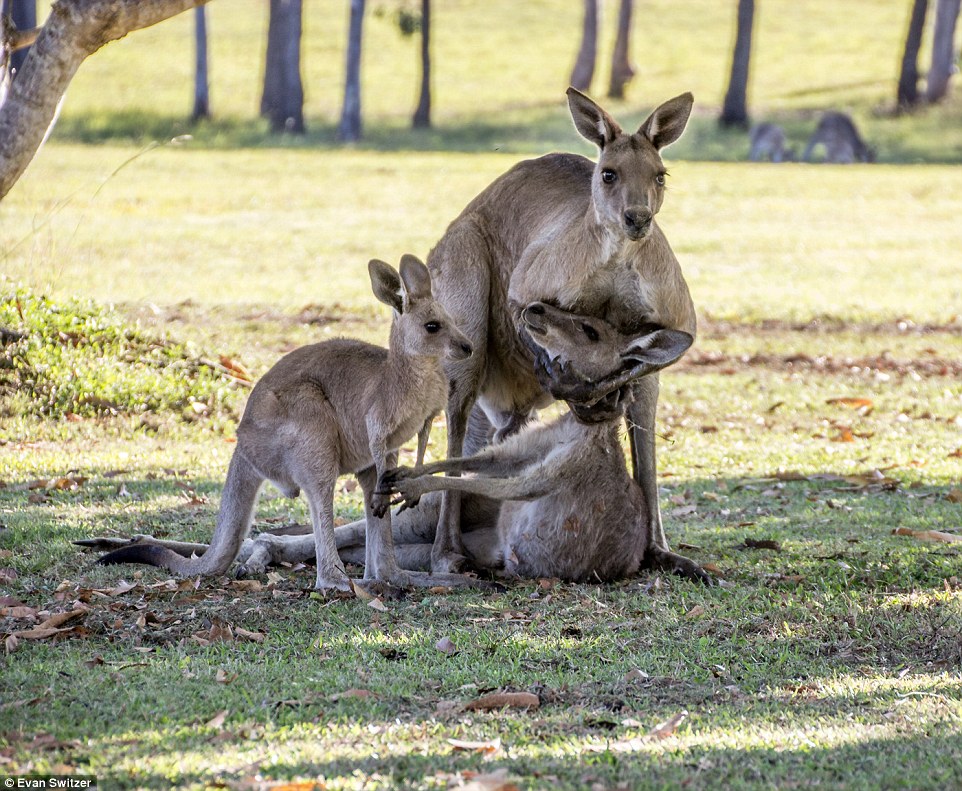|
By Abbey Greene Anthropomorphism, or the attribution of human characteristics to an animal, is a big topic of discussion for those conservation media sector. Is it a good thing? Or is it bad? Well, one thing we know for sure is that there are professionals who present both pros and cons to anthropomorphism. This idea started back when Charles Darwin published his scientific work, suggesting that there was love and joy among the animals he was studying. However, assuming that wild animals have feelings like that could hurt the way we are interact with them. “Anthropomorphism can lead to an inaccurate understanding of biological processes in the natural world,” says Patricia Ganea, a psychologist at Toronto University. “It can also lead to inappropriate behaviors towards wild animals, such as trying to adopt a wild animal as a ‘pet’ or misinterpreting the actions of a wild animal.”
“It’s almost like the internet was built for anthropomorphizing animals,” said Holly Dunsworth, an anthropologist at the University of Rhode Island. “Humans aren’t the only animals capable of forming strong bonds, but to say that the kangaroo even knew the other kangaroo was dying is beyond anything we know. No one has shown that animals understand dying or where babies come from. We can’t say they think that abstractly.” According to Dunsworth, there’s a key difference between “signals” and understanding and expanding upon ideas and abstract concepts, and that’s the difference between the way humans think versus the way animals think.
During his TED Talk in 2015, Carl Safina talks about how some reject the idea of animal emotions. “Well I think that’s silly,” he says. “Because, attributing human thoughts and emotions to other species is the best first guess about what they’re doing and how they’re feeling. Because, their brains are basically the same as ours, they have the same structures, the same hormones that create moods and motivation in us, are in those brains as well.”
Safina also speaks about how anthropomorphism has another positive: it helps people realize how harmful animal cruelty is. “If we don’t know if they can suffer or experience mental anguish like us, then great, we’re off the hook for needing to care. This makes it easier for people to ignore the suffering we might be causing.” In “When Elephants Weep,” author Jeffery Masson wrote about Alex, an African gray parrot with an astonishing vocabulary, who, when left at the veterinarian's office, shrieked, "Come here! I love you. I'm sorry. I want to go back." There is no mistaking emotion there, when it is spoken so clearly out loud for the observer to hear. There likely is no right or wrong on the subject of anthropomorphism. It’s a grey area that every storyteller tackles in their own unique way.
1 Comment
Cynthia Marchant
6/9/2023 05:24:17 am
(My keyboard wont print crosses) - but I absolutely agree with Carl Safina and Jeffrey Masson. There's just no other eplanation for much animal behaviour than that they feel empathy and have insight into the feelings and abilities of others. Eg our family dog, aged just 1 year, rushed to comfort me when I burst into tears when I was about 10. There was no one else there so he wasn't taking cues from a human. Also, whatever some think of the livestock industry, the behaviour of eg good sheepdogs can show a remarkable ability to understand their woolly charges. There are many eamples in the book "Great Australian Working Dog Stories" by Angela Goode and Mike Hayes, eg the dog who herded the flock much more slowly than usual when he (the dog) evidently became aware that one of the sheep was lame. On the other hand, many humans lack empathy and will even admit to this!
Reply
Leave a Reply. |
Archives
March 2024
Categories
All
|
Contact UsJackson Wild
240 S. Glenwood, Suite 102 PO Box 3940 Jackson, WY 83001 307-200-3286 info@jacksonwild.org |




 RSS Feed
RSS Feed